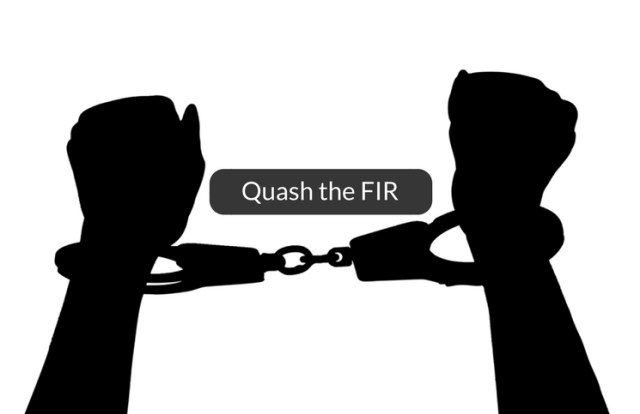There is no material on record to even suggest that the Petitioner had direct involvement and inducing the Complainant to place an order with intention, not to deliver it, even after receiving the consideration for the same. Thus, the ingredients to constitute an offence of cheating are wholly absent. Such an observation was held by the Hon’ble Bombay High Court before Hon’ble Justice SANDEEP K. SHINDE in the matter of Amazon India vs State of Maharashtra & ors [Writ Petition No. 3047 / 2021 ].
The facts of the case revolved around an order of WD-Elements 2TB Portable External Hard Drive (Black) on the e-commerce website, namely Amazon, which was never delivered to the customer. Upon several attempts also the customer got no information of the whereabouts of the product. Thus, a criminal complaint under section 420 was lodged in the court of Judicial Magistrate First Class, on receiving the complaint the JMFC issued process against the Petitioners under Section 420 read with 34 of the Indian Penal Code, 1860. Thus, the present appeal was preferred by the accused to quash such a complaint and proceedings.
The Hon’ble High Court was of the view that the petitioner being a mere facilitator, Complainants’ allegations that he was induced to buy a product with the intention to cheat him, is wholly absent. The petitioner operates an e-commerce website that provides its users information on products and acts as a facilitator between the buyer and the seller. By no means the petitioner is the owner of the products and therefore cannot sell those products directly. Furthermore, the Hon’ble High court also observed that since the e-commerce website is not based on an inventory model, the petitioner cannot control the transactions between the buyer and seller.
Additionally, while deciding the case the court also stated that “the allegations do not imply or suggest that any point of time, the Petitioner induced the Complainant to part with property (consideration for a product) with a dishonest intention, not to deliver the same. On the contrary, facts of the case show that the Complainant volunteered to purchase the product through the e-commerce market platform of the Petitioner from the seller”. Thus, no essential ingredients to constitute an offence of cheating are met.
Finally, the court allowed the petition and quashed the criminal complaint pending before the learned Judicial Magistrate First Class.
Click here to read the judgment.
Judgment Reviewed by: Rohan Kumar Thakur


